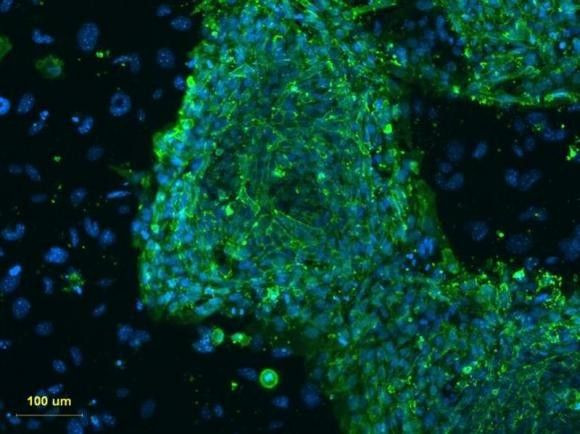Japanese Research On Stem Cells Proves To Be A Complete Failure

The scientific community received a strong blow to the gut when Japanese researchers announced that their supposed breakthrough research on stem cells proved to yield no positive results. Japan's research institute Riken announced in a press conference that it would be abandoning the project.
Unfortunately, it was discovered by officials at the Riken Research Institute that the data involving the project was less than accurate, and as a result, all published material concerning the study have been retracted. The scandal was only exacerbated when one of the researchers on the team was reported to have committed suicide after being under intense stress and pressure for months.
Dr Haruko Obakata, the scientist heading the project on replicating the growth of stem cells in Riken, said, "I am extremely perplexed that we ended up with these results." Obakata has tendered her resignation to the Riken Research Institute but still insists that "STAP cells do exist."
Obakata's research involved creating embryonic-like cells from older cells by simply combining the cells with a mild acid solution. The research had the potential to create tissue samples for humans that could be matched and customised. If successful, this could have been the most pivotal development in science in the 21st century.
However, the verification team at Riken has been unable to find any tangible proof of the existence of STAP cells and the possibility of creating them with any success. Svinicki Aizawa, head of the verification team, said, "We were unable to recreate the STAP phenomenon."
This embarrasing discovery has lead to Riken's reputation being tarnished beyond belief. In addition, the circumstances behind this scientific setback has also fueled an intense debate about the prevailing ethical conditions for scientists in Japan.




















